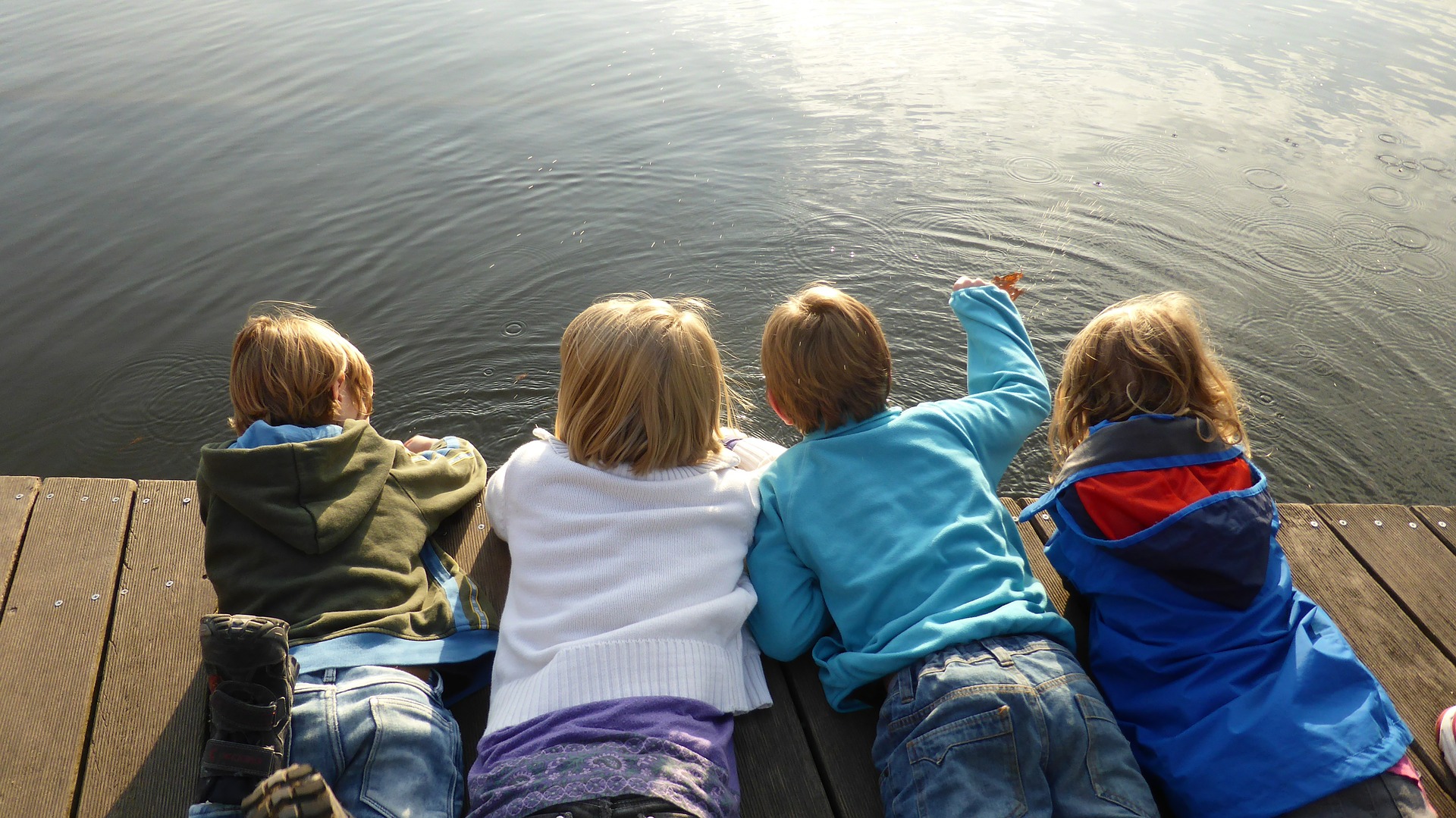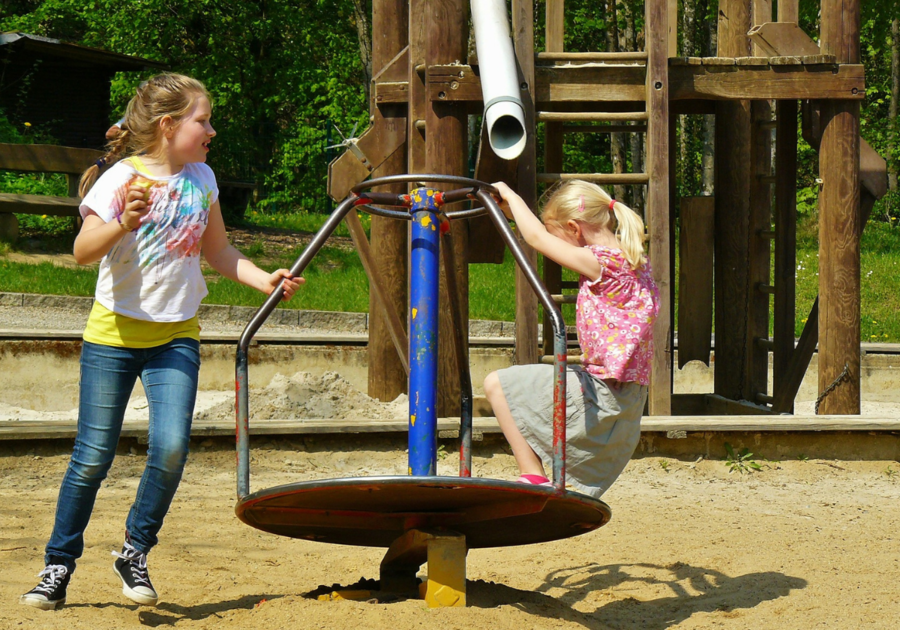Kids Develop 10 Skills At Camp According to The American Camp Association
- Resourcefulness
- Leadership
- Participation
- Resilience
- Fairness
- Trustfulness
- Caring
- Citizenship
- Communication
- Responsibility
If children are at camp they have less screen time, or time spent in isolation. Kids need to be around other children playing, learning, and growing up together.

Our 2021 San Diego Summer Camp Guide lists some great traditional camps and specialty camps like Encore, a camp with a variety of programs for every kid.
While kids have fun at camp, there is a lot of positive education at play according to Kelly McCullough, a clinical social worker at La Jolla Therapy Center. We discussed the advantages children gain from a camp experience.
MACARONI KID: How can children benefit from summer camp?
KELLY MCCULLOUGH: Children can gain valuable socialization from attending camps. Socialization with same-aged peers has been very much lacking (for some children, but certainly not for all) over the past year with the COVID-19 pandemic and resulting isolation. Summer camp can be one avenue for children to learn valuable social skills, such as turn taking, asking reciprocal questions, finding common interests, perspective taking, empathy, and compromise. These skills form the foundation for a child's ongoing relationships and can be of great benefit in navigating relationships in the classroom as well as future relationships at work.
Many children have been home for a year because of distance learning, can camp really help them move forward after a year indoors?
Any socialization experience with same or similar aged-peers, either in a summer camp or in a different avenue (with extended family, with neighbors, or in the community) can help them to gain valuable social skills. For many children that are socially anxious, the past year of the pandemic and distance learning has reinforced their core fear that strangers are inherently dangerous. Any socialization, either in camp or in another setting, is crucial to challenge this perception and to help them overcome their anxiety.
How can you prepare your child for their first camp experience?
Remind your child about the camp rules in order to help prepare them for what will be expected. For instance, will they have to eat food the camp provides or will they be allowed to bring a lunch? Will the camp provide all of the materials or will they be required to bring anything in specific? Setting expectations regarding what the camp will look like can both reduce any anxiety the child may be feeling about attending camp as well as increase the chances it will be a successful venture. Rules specific to COVID-19 safety precautions will be important to review as well, such as social distancing and mask protocols. Social norms and rules have changed as a result of social distancing measures, so it will be helpful to review how this impacts their play time with friends. Will they be allowed to hug, high five, or air five? Will they be allowed to take their mask off on the playground, or only while eating? Are they allowed on the playground? It will be helpful to be as transparent as possible with your child regarding how the social norms have changed, especially if they are returning to a camp they have attended before. It is also helpful to normalize any anxiety the child may be feeling about going to camp, and to help create a mini coping plan for managing any anxious feelings. This could be as simple as getting a drink of water, taking a deep breath, and squeezing their favorite stuffed animal.
Should parents involve children in choosing a camp?
Parents could consider offering a forced choice between two or three different camp options, given all three would meet the parents' expectations and financial restrictions. It can be particularly beneficial for a camp to involve a child's particular interest or strength (ie, dance camp, computer camp, soccer camp), as that will also make it easier for the child to find common interests with the other peers present. Involving a child's particular interest will also help to increase the child's motivation to overcome any anxiety or nervousness to attend the camp.
What if your child doesn't want to go to camp should you encourage them to go anyway?
If a child does not want to go to camp, first try to explore the reason behind the avoidance. Does the child have an unclear expectation about what the camp would entail? Is the child nervous about being away from home? Is the child nervous about being around unfamiliar peers? It is important to validate any feelings your child may have about not wanting to attend camp, and understand that it makes sense for your child to feel hesitant given the uncertainty of the past year. If they are anxious about being around same-aged peers, try to create and review a mini coping plan to manage anxiety when they are at camp. Parents can also try to find a compromise camp option that the child may feel more comfortable attending. Perhaps a sleep away camp feels too scary for your child at this time, but a 6 hour day time camp may feel like an easier middle step. Be flexible in meeting your child where they are at in finding a camp option that feels like a more feasible option.
Stay Informed Join Central San Diego Macaroni Kid It's Free!



